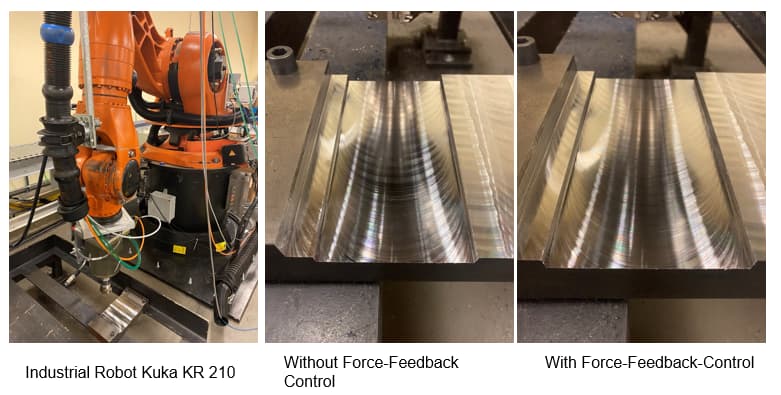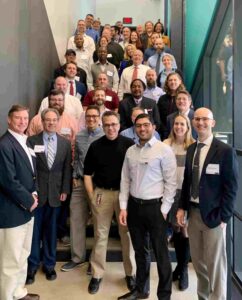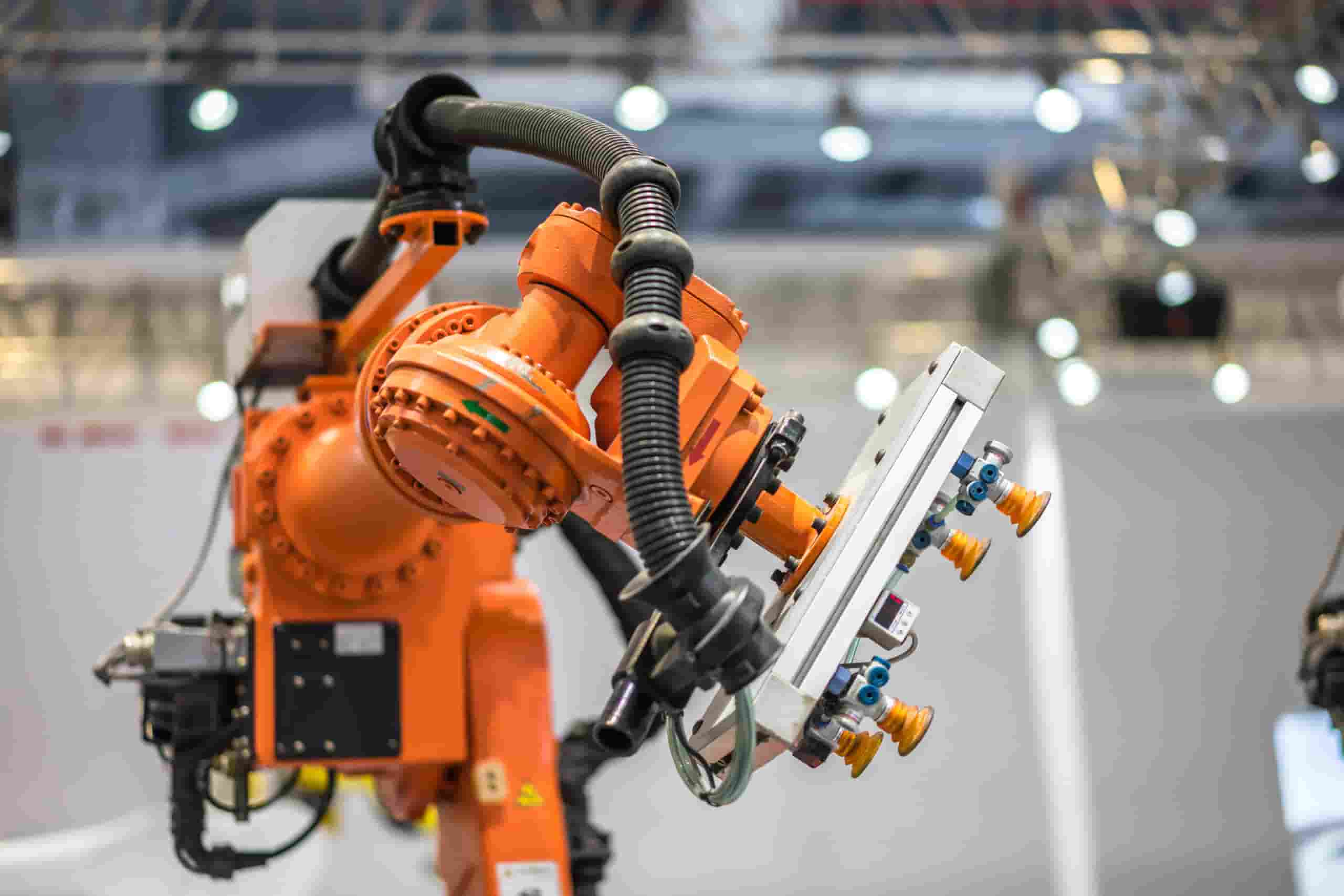
 This project was selected from our special call for technology proposals in support of the JROBOT (Joint Robotics Organization for Building Organic Technologies) Joint Summit: Robotics in Sustainment II event. The JROBOT group is a Department of Defense task force created to leverage investments in research and development between U.S. Government and partners to harness advancements in robotic technology for maintenance efforts.
This project was selected from our special call for technology proposals in support of the JROBOT (Joint Robotics Organization for Building Organic Technologies) Joint Summit: Robotics in Sustainment II event. The JROBOT group is a Department of Defense task force created to leverage investments in research and development between U.S. Government and partners to harness advancements in robotic technology for maintenance efforts.
Prior to the event, ARM Institute consortium members were invited to submit projects for funding in support of the Department of Defense’s sustainment goals through the ARM 19-04 Technology Project Call, which opened in late 2019. From there, a competitive group of project teams were invited to present their project proposals in-person at the Joint Summit II held at the Institute’s headquarters in Pittsburgh in February 2020.
This project will help to support the Department of Defense sustainment needs, which refers to the maintenance and repair of military assets over their lifetime. Spurring robotics technology and workforce solutions is critical to maintaining military equipment, lowering the cost of repairing assets, and training the staff needed to complete this important work.
The ARM Institute continues to work closely with the JROBOT group to help accomplish important sustainment-focused work.
Project Team Participants
Siemens Corporation – Technology, Siemens Energy’s Orlando Innovation Center, Georgia Institute of Technology
Approach
This project focuses on developing a robotic solution for performing high precision tasks, such as milling, grinding, and polishing under “in-the-field” and non-factory conditions. Such operations in the field using conventional methods such as CNC machining or manual grinding and polishing can be cumbersome, time consuming and expensive. More importantly, these tasks can result in uncontained fumes, debris, chips, etc., and impact worker health and safety. The key technology elements that are being developed and will be integrated to realize the above objective includes – fast and ruggedized field deployment mechanism and installation of robot, equipped with a multi-head tool to effect grinding, polishing or milling as desired; on board software systems for fast onsite positional calibrations and corrections of the robot; automated trajectory planning, autonomous process sequencing and closed loop feedback control for robotic milling.
Results
The team has successfully designed, manufactured, and tested shipping options for easy and fast deployment and onsite installation of the robot. The system is pre-wired to minimize the installation time at the site. Methodology for onsite positional calibration of the robot has been developed and tested. A Renishaw probe is used to assess the “as-is” condition of the surface to be processed. A software program, using machine learning techniques, was developed that can suggest the optimal process sequencing of the surface and parallelly computes the trajectory of the robot. Presently, the team is finalizing the automated closed loop feedback control for the robotic milling that will be eventually integrated with the onboard software.
Next Steps
Next steps planned are to finish the integration of the system and demonstrate the technology by grinding and polishing a steam turbine casing horizontal joint. After system verification is complete, we plan to hand over this tool to the Siemens Pittsburgh Service Center. Depending on the size of the engine and casing, this technology has the potential to save between 300 manhours to 5000 manhours per instance (24 hours to 80 hours scope time). The technology is expected to be used about four times a year. Additionally, lost revenue to the utility when the turbine is not operational is also significantly reduced. This technology will be shared with other Siemens service centers globally.
The ARM Institute’s role in making this project successful
“Constant constructive interactions with the ARM Institute and representatives from the Department of Defense helped the team in developing this critical technology such that it is use case agnostic and thus can be adopted with minimal changes for other applications and industries, thereby making the wider US manufacturing base more advanced and competitive.” – Dr. Sudhir Rajagopalan, Principal Investigator.
ABOUT THE ARM INSTITUTE
The Advanced Robotics for Manufacturing (ARM) Institute accelerates the development and adoption of robotics technologies that are the foundation of every advanced manufacturing activity today and in the future. The Institute leverages a unique, robust, and diverse ecosystem of partners across industry, academia, and government to make robotics, autonomy, and artificial intelligence more accessible to U.S. manufacturers large and small, train and empower the manufacturing workforce, strengthen the U.S. economy and global competitiveness, and elevate our nation’s security and resilience. Founded in 2017 in Pittsburgh, PA by Carnegie Mellon University and operating as an independent public-private partnership sponsored by the Department of Defense, ARM is part of the DoD Manufacturing USA® network. Learn more at www.arminstitute.org, follow @ARM_Robotics on Twitter or ARM Institute on LinkedIn.
